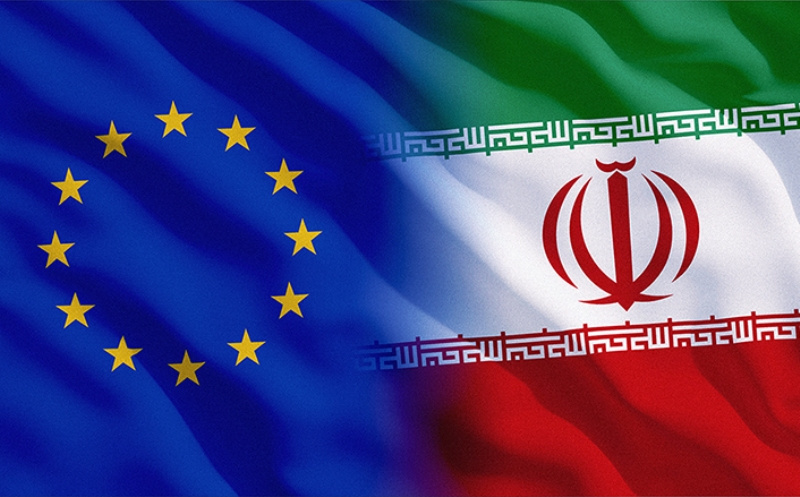Europe has not been honest with Tehran: Shireen Hunter

Shireen Tahmaasb Hunter, a professor of political science at Georgetown University, tells the Tehran Times that “France is not capable of doing anything to ensure the JCPOA's survival without American approval.”
“INSTEX never was a viable alternative to normal financial a trade transactions. It has always been an instrument to convince Iran to continue to adhere to the JCPOA,” Hunter says.
She adds “Even if the entire EU joins the Instex, it would not solve Iran's problems. Europe has not been honest with Tehran.”
Following is the text of the interview:
Q: French Foreign Minister Jean-Yves Le Drian warned that the United States and Iran have only one month to implement the Paris plan to keep JCPOA alive. Is France in a position to warn against keeping things that the Europeans themselves failed to fulfill?
A: France is trying to push both Iran and the U.S. to change their uncompromising positions and agree to some form of compromise which could defuse tensions in the Persian Gulf. France is aware that the collapse of the JCPOA will intensify regional tensions. It might even increase the risk of a military confrontation between Tehran and Washington. France and other European countries have failed to live up to their commitments towards Tehran. But from the very beginning it was clear that Europe could not sustain the nuclear deal once the U.S. withdrew from it. Legally and morally Iran has the right to change its position regarding the implementation of the JCPOA. However, the collapse of the deal would increase even further international pressures on Tehran.
Q: Does this warning mean a defeat in French diplomatic efforts to mediate between Iran and the United States?
A: As a rule, mediation efforts only succeed when the two parties to a dispute make the basic decision to reconcile. As long as this basic decision is not reached, mediators stand little chance of success. The Trump administration has not yet decided to reconcile with Tehran. Iran, too, is still unwilling to reach any compromise with Washington. Iran is unwilling to change some of its basic positions regarding Middle East issues. Washington, meanwhile, is still making demands on Iran that it knows Tehran cannot accept. Therefore, it is no surprise that Macron's mission did not succeed.
Q: Iran has announced that by early November it will take new measures to reduce its obligations in JCPOA. Why doesn't Europe make a serious effort to preserve the JCPOA and just announce daily that the country has joined INSTEX but nothing actually happens?
A: France is not capable of doing anything to ensure the JCPOA's survival without American approval. Moreover, Paris, too, would like to see Tehran change its regional policies. Basically, in this regard Europe and the U.S. are in agreement. Both the U.S. and Europe want Iran to offer all the concessions before they would agree to any economic relief. They hope that continued pressure would force Tehran to surrender. But they are worried about Iran's change of position on the JCPOA possibly leading Iran to reconsider its giving up the development of nuclear weapons, hence their warnings.
Q: Do you think that the INSTEX mechanism will be operational in light of US warnings about sanctions on the companies that work with them and meet Iran's needs?
A: Instex never was a viable alternative to normal financial a trade transactions. It has always been an instrument to convince Iran to continue to adhere to the JCPOA. Even if the entire EU joins the Instex, it would not solve Iran's problems. Europe has not been honest with Tehran.

